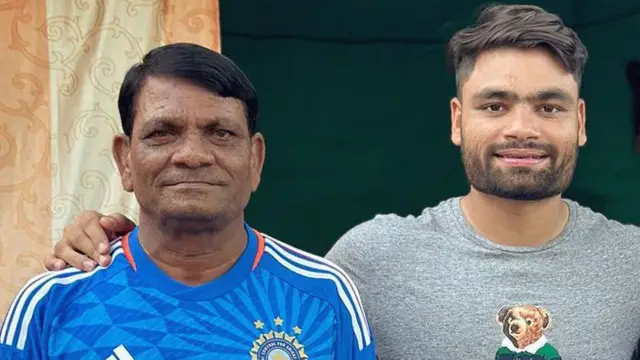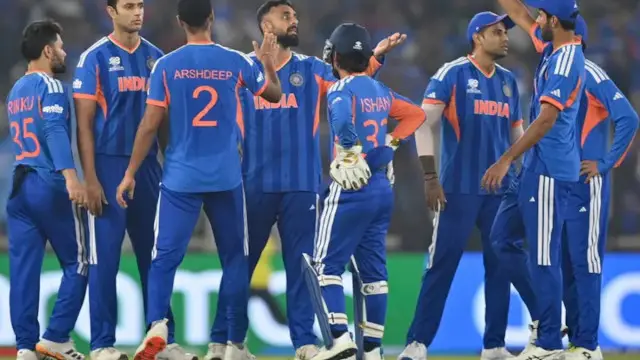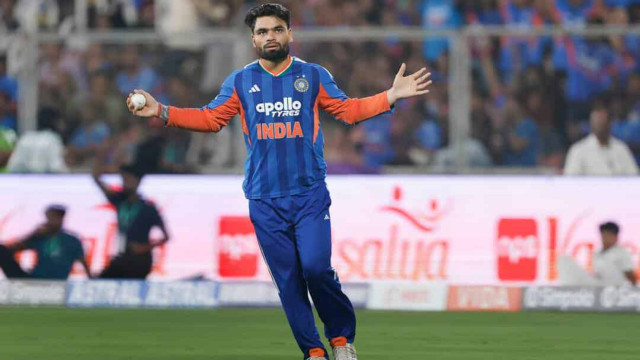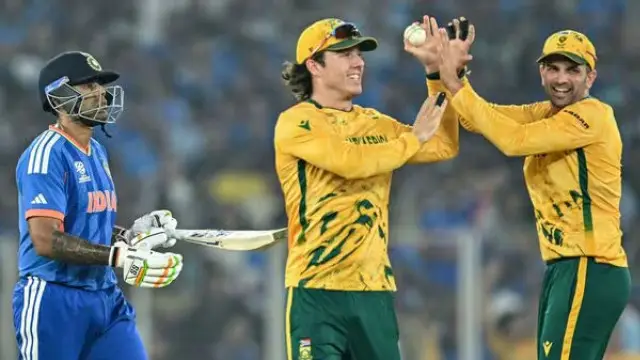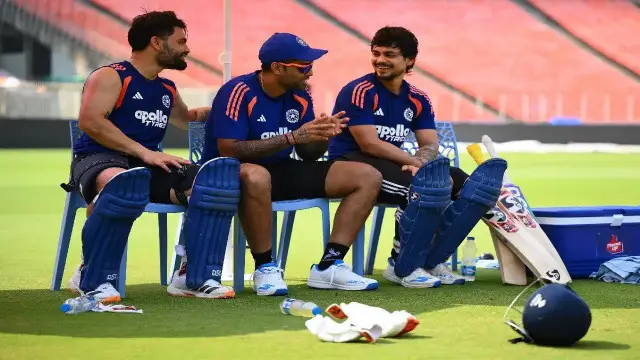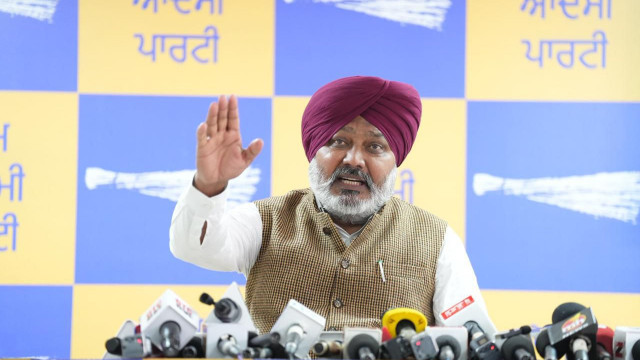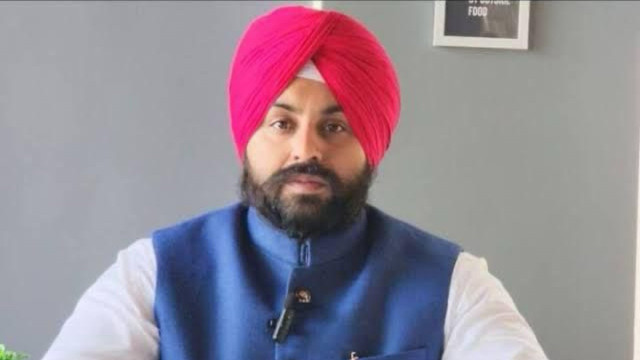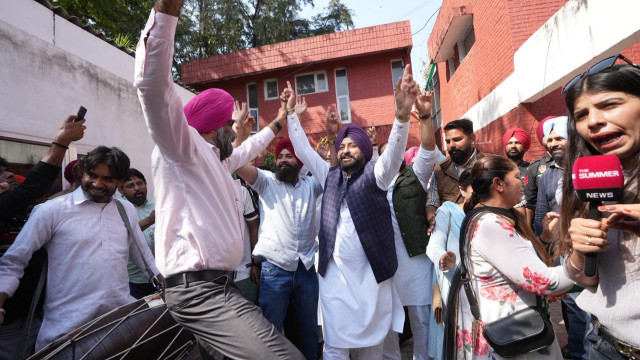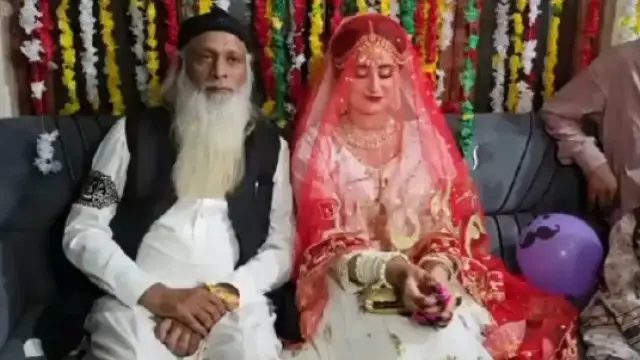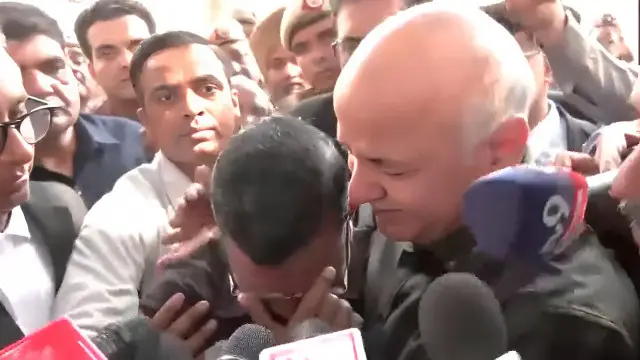One Run, A Thousand Regrets: Shashank Singh’s Pain Beyond the Pitch
During the intense Qualifier 2 match, Shashank Singh’s crucial run-out marked a decisive moment for Punjab Kings. Days later, the young cricketer revealed how that single moment not only changed the game—but also broke his emotional connection with his father.

Sports News: In the dying overs of the Qualifier 2 against Mumbai Indians, Punjab Kings were just a few strokes away from turning the game. The throw hit the stumps. He was gone. That dismissal didn’t just trigger a batting collapse—it ignited a storm inside the dressing room. Captain Shreyas Iyer’s frustration was visible. Cameras caught him exchanging words with Shashank, and that was enough for social media to erupt.
The Silence That Hurt More Than the Scolding
After the game, while critics and fans passed their verdicts, Shashank faced a more personal silence. “Papa did not talk to me till the final,” he confessed in a post-match interview. For a boy who saw cricket as a bond with his father, this emotional distance stung deeper than any headline. “He’s always been my biggest cheerleader. This time, he couldn’t even look at me,” said Shashank, his voice heavy. It wasn’t just about a match—it was about letting down the one man who believed in him.
Shreyas Iyer’s Dressing Room Rebuke
While Shashank maintained a professional calm on the field, sources later revealed how intense the dressing room had become. Shreyas Iyer, usually composed, didn’t hold back. “That run cost us,” he was heard saying. Shashank didn’t respond—not out of defiance, but guilt. He knew the stakes. He knew what was lost. And above all, he knew the eyes of a billion fans were watching. But the one pair of eyes that mattered most—his father’s—had turned away.
Social Media Divided, But Sympathy Grows
As the incident circulated online, fans split into camps. Some blamed Shashank for the misjudgment, others pointed to pressure and panic. But slowly, sympathy began to grow.
Shashank isn’t hiding. He’s training harder than ever. “I don’t want pity. I want another shot,” he said firmly. Behind that determination lies a deeper need—not just to prove critics wrong, but to win back a father’s silent support. “He doesn’t need to clap. Just watching him smile again would mean more than any trophy,” Shashank whispered. His comeback is no longer about cricket. It’s about closure. Cricket is a game of numbers. But beyond those numbers are lives, emotions, and relationships that carry more weight than any scoreboard. Shashank’s story is not one of failure.




